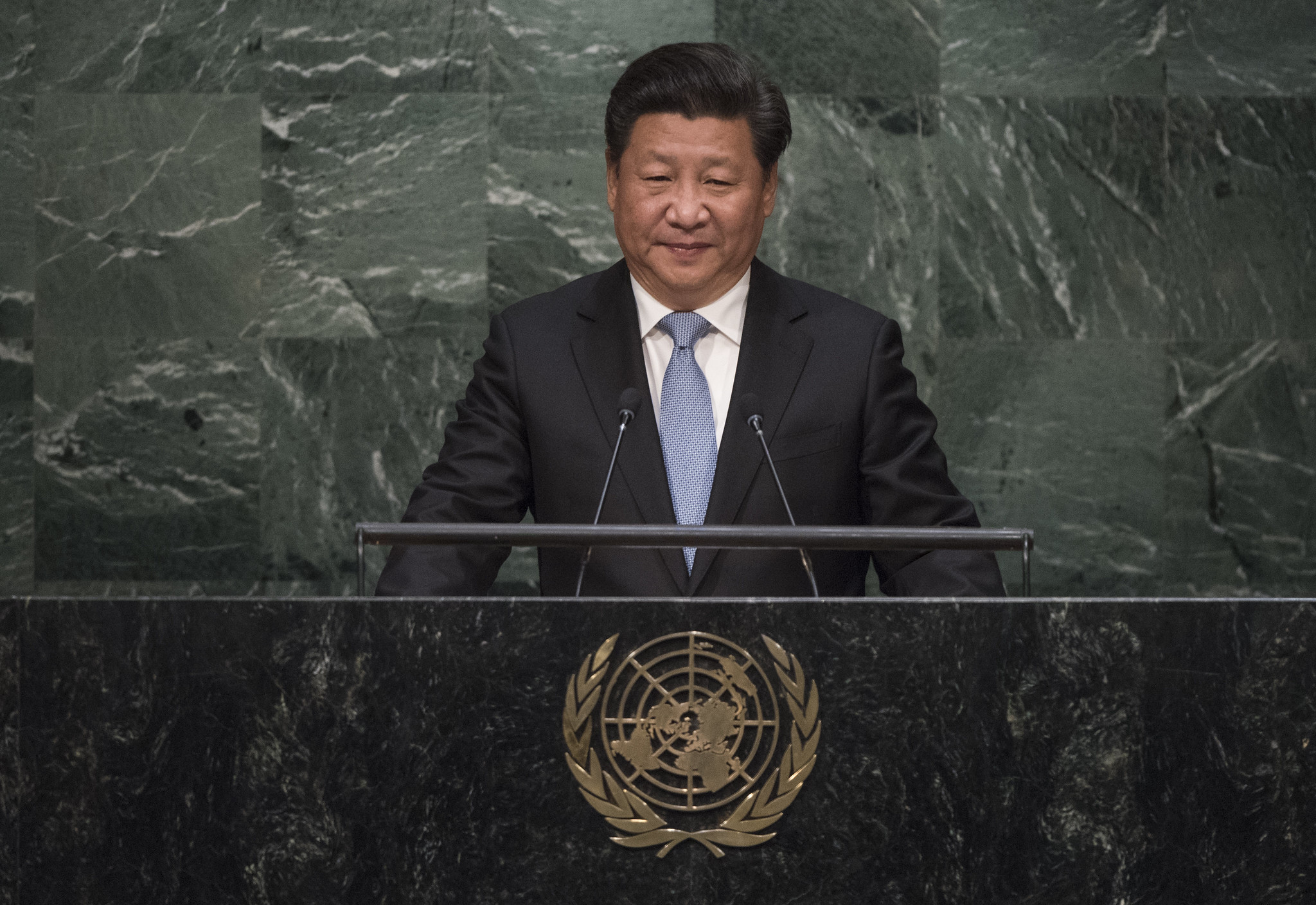
China Monitor is our brand-new program that analyses China’s economic and foreign policies. It also aims to predict the consequences of Beijing’s policy for the global economy, the EU as well as Central and Eastern European countries such as Poland.
Date: 9 October 2020 Author: Paweł Paszak
The Chinese Vision of the Green Deal
On September 22 at the UN headquarters, President Xi Jinping announced a plan to make China a carbon-neutral state by 2060 and to reach an emissions peak by 2030. Internationally, these actions are aimed at improving the image of the PRC, which has suffered greatly as a result of the pandemic and confrontational politics. Domestically, these declarations are consistent with the directions of the state’s development policy, which aims at reducing the level of pollution and gaining a dominant position on the clean technologies and energy market. The public relations and economic significance of the energy transformation makes it a noteworthy element in the next Five-Year Development Plan (2021-2025).

The Xi Jinping’s declaration should not be considered as a “concession” to the European Union, the United States or other international actors. According to the CCP authorities, the adoption of such a goal means that it is consistent with the country’s overall development policy and achievable. Such an interpretation is supported by a similar course of action with respect to the protection of intellectual property, technology transfers or conditions for investment. The study of the University of Maryland and the National Development and Reform Commission of China (NDRC) showed that it is feasible to achieve a 2°C and 1.5°C compatible coal power phaseout without major economic losses if appropriate aid programs are implemented. Thus, the objective of carbon neutrality by 2060 is within range of the Chinese authorities.
At the same time, efforts to reduce emissions of carbon dioxide and other greenhouse gases by limiting the role of fossil fuels in the energy mix will serve to build the image of the PRC as a responsible superpower. Most organizations and environmental groups were satisfied with the announcement of the Chinese leader. It clearly contrasts with the policy and narrative of Donald Trump, who announced that the US will withdraw from the Paris Agreement. Furthermore, the American president questioned the point of combating the effects of global warming in numerous statements. The noticeable increase in importance of pro-ecological ideas in developed countries, especially among the young voters, makes them an important element of building a positive image of the state in the international sphere. Thus, the Chinese authorities strive to take advantage of the normative gap left by the United States as a consequence of the decisions of the current administration.
Support Us
If content prepared by Warsaw Institute team is useful for you, please support our actions. Donations from private persons are necessary for the continuation of our mission.
From the perspective of the PRC’s long-term strategy, the energy transformation and development of a strong cleantech industry is one of the elements of maintaining social stability and a high rate of development. In the last decade, the sector of electric cars and lithium-ion batteries has grown rapidly. China is the largest market for electric cars (PHEV and BEV) with over three million vehicles in 2019. After the initial slump, caused by the pandemic, in July sales approached 100,000 units, which is a higher figure than in 2019. In 2020, the total number of electric vehicles on Chinese roads will exceed four million. Moreover, China remains the leader in production of photovoltaic modules with a global market share of about 70%. The success of Chinese companies is supported by comprehensive government aid programs, consisting mainly of tax exemptions and subsidies for purchasing photovoltaic panels. According to the calculations of the International Energy Agency (IEA), the Chinese authorities already spend the largest percentage of GDP (0.08%) on energy-related research (the US and the EU devote about 0.04%).
The development of nuclear, solar and hydroelectric power in the future will contribute to the implementation of infrastructure contracts in the Belt and Road Initiative (BRI) countries. In 2019, Wang Shoujun, a member of the Chinese People’s Political Consultative Conference (中国人民政治协商会议), announced that by 2030, China should build 30 nuclear reactors abroad, which is likely to provide more than 145 billion dollars in profits. In the coming years, Chinese companies can be expected to become more active not only in the area of nuclear power, but also in the terms of solar, water and wind power.
The vision of an “ecological civilization” promoted in domestic discourse also has a significant social aspect. China has the largest (and the most internally diverse) middle class, whose climate awareness is consistently growing. The high level of environmental contamination might push this group to expect from the Party that it will improve the quality of life, especially in large cities and agglomerations. Maintaining support for the CCP will also depend, to some extent, on meeting these expectations, consequently, the subject of “green deal” will be a vital activity of the state in the coming years.
All texts published by the Warsaw Institute Foundation may be disseminated on the condition that their origin is credited. Images may not be used without permission.
















